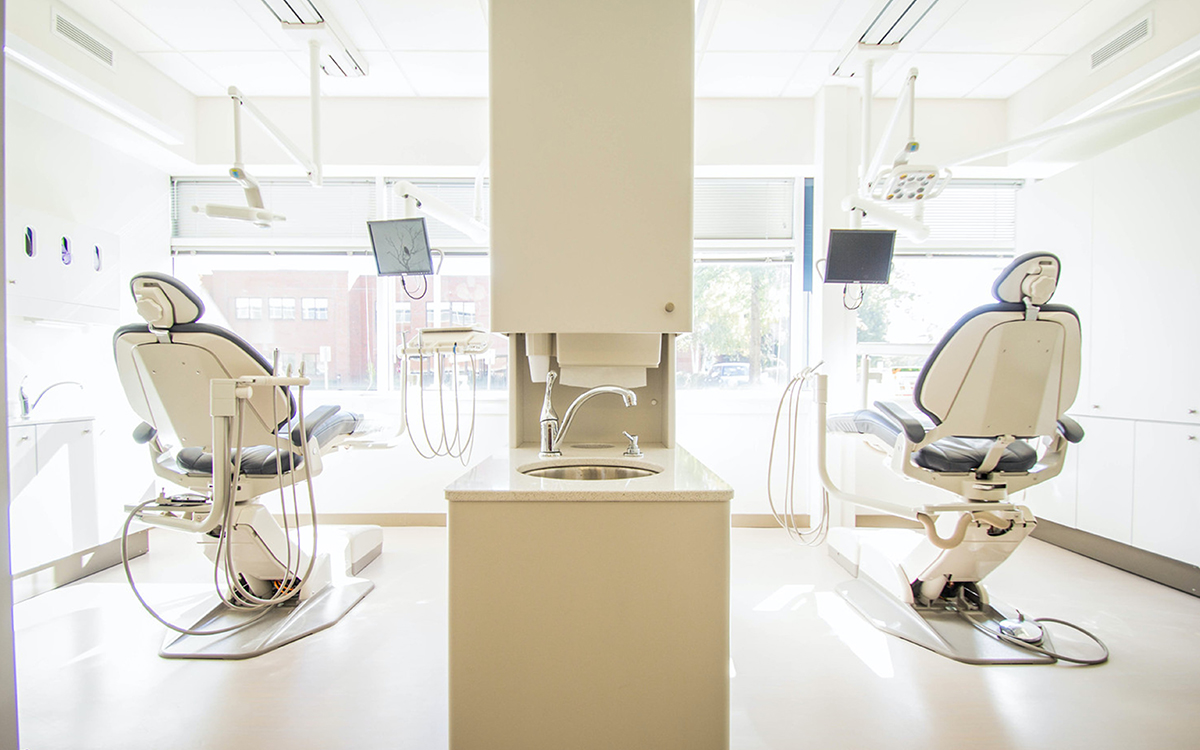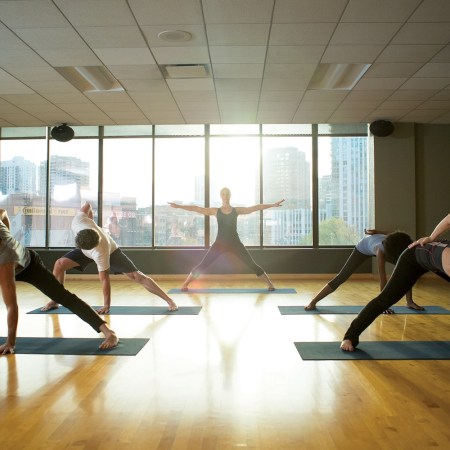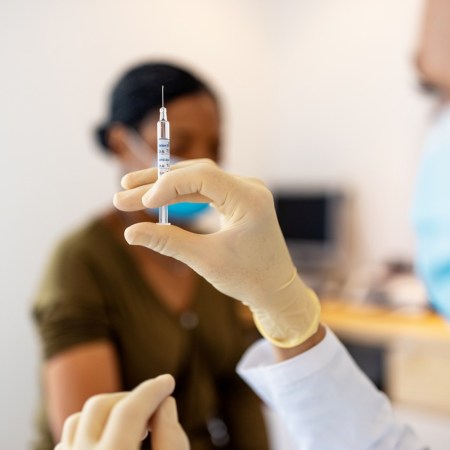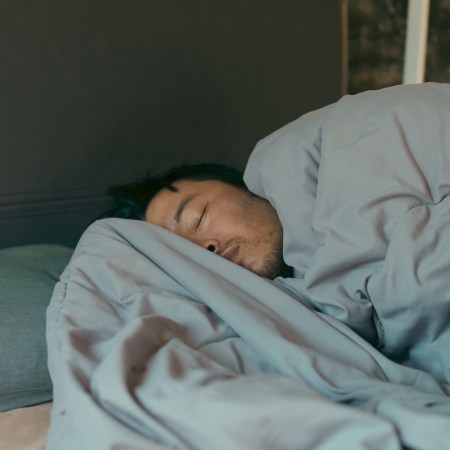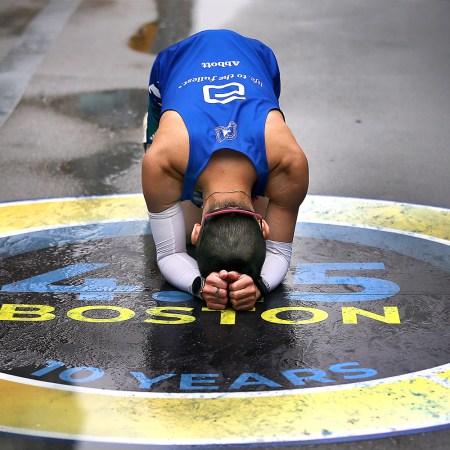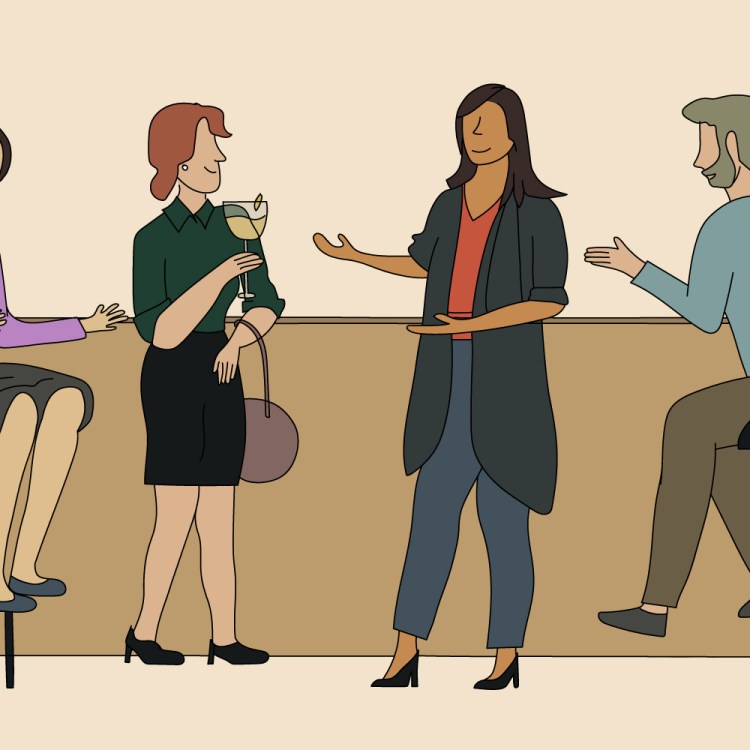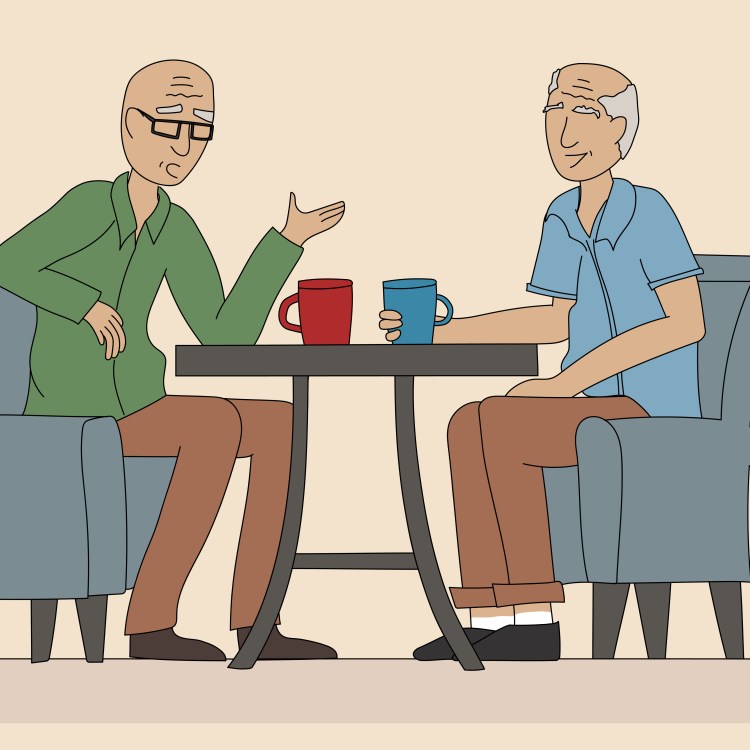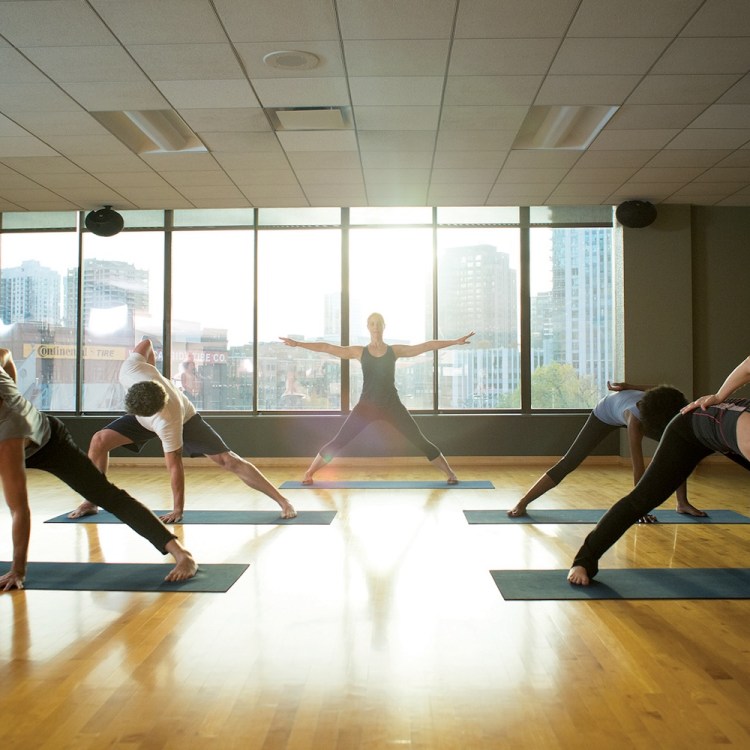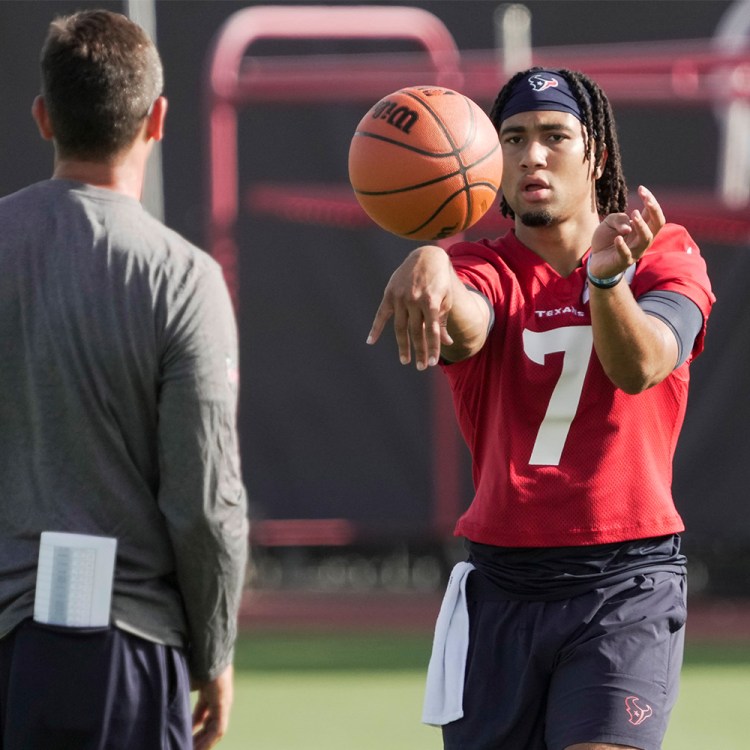Yesterday, the American Dental Association called on the Trump administration and the Department of Health and Human Services to establish a framework for dentistries to test patients for COVID-19 once they reopen. Their concerns are entirely valid; a bubble chart published by The New York Times over a month ago identified dentists, dental assistants and dental hygienists as the three most at-risk professions during a pandemic, due to their day-to-day exposure to diseases and physical proximity to people.
Before most dental offices can begin scheduling regular appointments again, they need to effectively determine whether potential patients are asymptomatic. Dentists use instruments that can create aerosol clouds of germs which linger for up to three hours. The risk is real — and with increased fear following warnings and models of a “second wave” of coronavirus — any sort of reopening needs to be approached with extreme caution.
What, though, of dentistries right now? Are they completely closed, waiting for further mandate? Not exactly. According to a recent profile in The Wall Street Journal, certain offices are open for only select, approved procedures, including: addressing severe tooth or crown decay, oral surgery for infections, and emergency denture work. Dr. Phil Cai’s practice in McLean, Virginia, for instance, has seen a 90 percent decrease in business but has adapted admirably to the new rules; patients who come in for emergency work are greeted by a doctor with full gloves and a N95 mask, and brought to a room with a filtration system.
Dr. Cai’s job is simple: help mitigate the pain, whatever it is, and send people on their way. He encourages his guests to return once the quarantine ends, for cosmetic repair like a crown or filling. The whole operation is small — he’s only open for two hours a day — but it crucially keeps chipped-tooth accidents from sending people to the hospital emergency room, which has more pressing concerns at the moment. Dr. Cai, for his part, has kept busy by designing N95 protective masks from a 3D printing machine which usually plots dental implant guides. He’s distributed over 1,000.
Subscribe here for our free daily newsletter.
Whether you’re looking to get into shape, or just get out of a funk, The Charge has got you covered. Sign up for our new wellness newsletter today.
